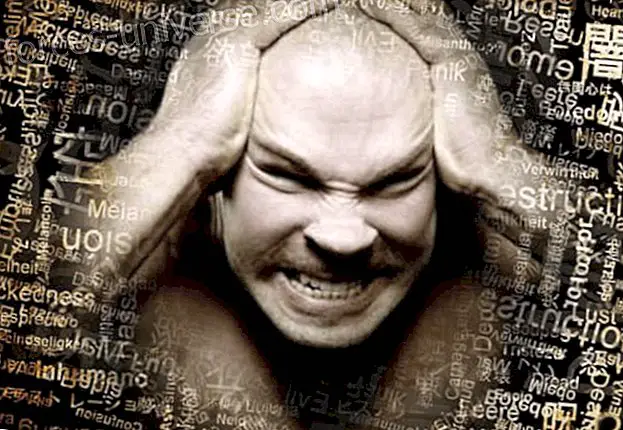` 
Almost universally there is a feeling rooted in every person of all cultures and societies of our world, that somehow we are not good enough.
We feel that we do not deserve recognition for what we have contributed to families, communities and workplaces. We feel that we are not deserving of being honored and respected as human beings. Sometimes, even, we are surprised that we are good enough to be alive.
And although this low self-esteem may not always be conscious, it is constantly there, and offers the underlying basis for the way we approach life and our relationships with other people. As teachers of emotional survival, we often find ourselves performing real-life scenes that equate to imaginary values that we place in ourselves.
For example, each of us has dreams, hopes and aspirations to achieve great things in his life, and very often we find every reason to excuse ourselves for not achieving it. As we have seen in previous chapters, emotion is a language in itself, the language itself to which the Divine Matrix responds. When we feel that we cannot achieve our greatest dreams, the Matrix simply returns what we have given to work: delays, challenges and obstacles.
Although we can yearn for bigger things, the doubt that comes from within us is, after all, our feelings of low self-esteem. We ask ourselves: Am I good enough to have so much joy in my life? And why would we expect it to be different? In Western Judeo-Christian tradition, those we trust and respect have told us that we are somehow "inferior" beings.
We are not as good as the angels in heaven or as the saints from whom we learn. The same tradition has convinced many people that just by being in this world, we must redeem ourselves from life itself for reasons that they say are beyond our comprehension.
In the more than two thousand years that the story of Jesus has been, we have compared ourselves to the edited, condensed and favorite memory of the life of a man of whom we will never live up to. Sometimes comparisons are serious warnings, suggestions that we may be condemned to a very hard life in the hereafter if we do not live in a certain way. Sometimes, they are a bit lighter, simple reminders of our incompetence, with sarcastic questions such as: "Who do you think you are, Jesus Christ?" Or "How are you going to get there ... walking on water?" How many times? Have you heard this or something similar, implying that even if we try to lead a good life, we will never be as good or deserving as the teacher of the past? Although we rarely take these comments seriously, on a very deep level they continue to remind us that we are somehow unworthy of the greatest joys of life.
Even if you have high self-esteem, you might believe in these suggestions to some degree. After all, on some level, we are all likely to do it. As a result, we express our beliefs through the expectations of meeting our goals, how much joy we allow ourselves and the success of our relationships. Our fear of not being valuable enough to have love, acceptance, health and longevity, promises that each of our relationships reflects the fear of being of little value. And that happens in ways we wouldn't suspect in a million years.
For example, how many times have you settled for relationships that are not what you really want, but excuse them by saying things like: "For now this is the best" or "This is a springboard to something better"? Have you ever discovered yourself saying, "I would love to share my life with a loving, compassionate, tender and caring couple, but ..." or "This is not the job where I can really express my talents and abilities, but ..." followed by All the reasons why you can't realize your greatest dreams right now?
If these or similar cases have occurred in your life, there are great chances that they are skilfully created masks for you to question their worth. Through your personal and business relationships, you remind yourself of your fundamental beliefs about yourself, beliefs that are asking for great healing.
Excerpt from The Divine Matrix. Gregg Braden.
Excerpted: Mundo De Angeles
Source: Lightworkers
Low self-esteem of Gregg Braden






